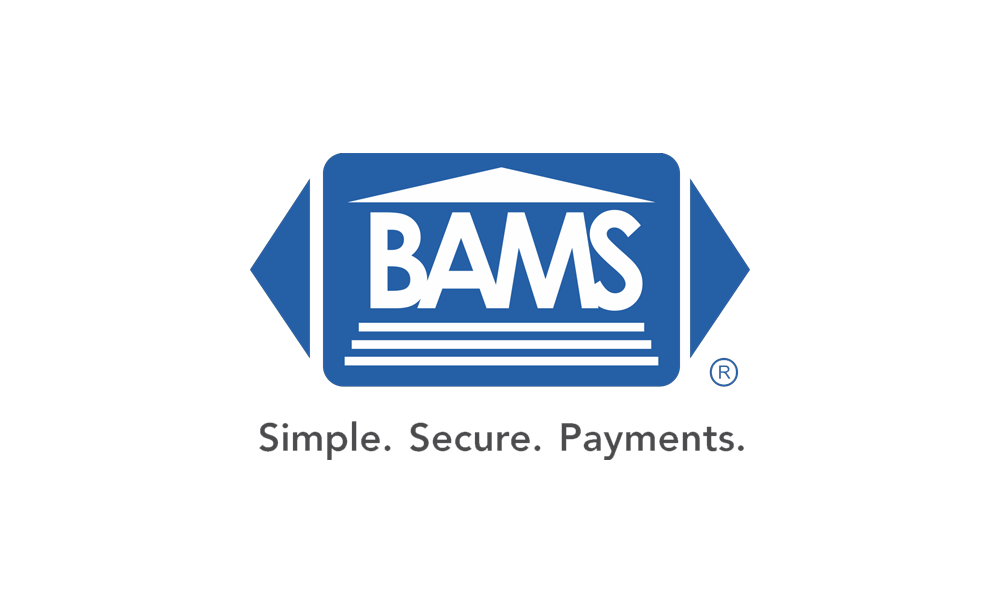Ecommerce vs. B&M Retail? Should You Take Your Business Online?
Retail ecommerce is already worth over 431 billion dollars in the United States alone and is set to exceed $563 billion by 2025. Simply put, your customers are already online. If you’re still weighing the pros and cons of selling on the web, now is the time to take the plunge. Expanding your sales to the web offers a wide variety of benefits to your company and your customers and is now easier than ever, thanks to user-friendly systems designed to make ecommerce accessible to all businesses.
The Benefits of Expanding Into Ecommerce
The upsides of adopting ecommerce are so significant that it makes an enormous amount of sense for the majority of merchants to have at least some kind of online sales presence. Selling on the web offers the dual advantages of being cheaper in the long term and fitting with changes in consumer behavior – changes that have only been accelerated by the global pandemic.
Cost-Effectiveness
First and foremost, selling online is extremely cost-effective because it requires no physical location, very little labor, and doesn’t need to close down at night. While an online store can’t necessarily replace your B&M store altogether, adopting ecommerce will provide you with a sales channel that offers significantly higher margins on each sale by cutting out the vast majority of the overhead and staffing costs. While you’ll need to spend money upfront to get your online store up and running, in the long run, the savings make ecommerce an easy choice.
Unparalleled Customer Convenience
Modern customers want their shopping experiences to be fast, convenient, and flexible, which describes ecommerce perfectly. While your customers will appreciate the option to shop in-store, giving them the ability to shop when and how they want, including from the comfort of their own homes, has a huge impact on customer experience and, in turn, customer loyalty. Online shopping is particularly important in the wake of the global COVID-19 pandemic, which forced the world into new shopping habits and made home delivery and even curbside pickup the new norms. Failure to sell online could see your business grow more and more walled-off from your customers and their expectations.
Additional Education Channels
Building an online store and a strong overall web presence also enables your business to meet customers where they go to learn about products and services in addition to shopping for them. An online store gives customers the chance to “window shop” for purchases they plan to make in-store. If a customer hits the web looking to browse products and they don’t find your store, there’s a good chance they may find one of your competitors, potentially costing you subsequent in-store sales. The ability to educate and connect customers who want to research online but shop in-store is invaluable.
The Tools of the Trade
So, with adopting ecommerce being such an easy decision, how do you go about getting started? Luckily, selling online is no longer the difficult task it once was, and, thanks to user-friendly platforms, getting set up with the necessary systems doesn’t even require any real technical experience. Those systems include ecommerce sales platforms, payment gateway, and ecommerce merchant accounts, and all three are more accessible today than ever.
Ecommerce Software
A big part of selling online is getting set up with an ecommerce system. While it’s certainly possible to create custom web stores, today, off-the-shelf ecommerce software makes getting an online shop up-and-running fast, simple, and easy. Popular systems like BigCommerce and WooCommerce allow you to quickly tack a store onto your existing website or to create a standalone site from scratch if you don’t already have one. Adding products is fast and easy, and everything from marketing tools to checkout systems are all built-in. Best of all, they’re designed specifically to minimize or eliminate the need for coding, so you can build out your own store even with little-to-no technical knowledge.
Payment Gateways
Payment gateways are mission-critical systems for selling online. They act as the hub between the different parties involved in electronic payment processing, taking in your customers’ sensitive payment information and transmitting it securely to your payment processor and the card companies for approval. Gateways from top providers like NMI also offer a variety of value-added services like advanced fraud protection, beefed-up security, electronic invoicing, account software integration, and more. Getting set up with a gateway is fast and easy and can be done either through a gateway provider or, in many cases, directly through your merchant services provider.
Merchant Services
Finally, to sell online, you’ll need a way to accept credit cards. Some merchants opt to go with third-party providers like PayPal or Shopify’s built-in payments systems. Those tools offer convenience and fast signup, but they also come with high fees that eat into profits, making them unsuitable for most merchants. If you’re doing any kind of significant sales volume, the odds are your best bet will be a traditional merchant account.
An ecommerce merchant account, like the ones offered by BAMS, provides you with the special type of bank account you need to accept credit card transactions. It can also provide value-added services like next-day access to the money from your sales, advanced protection against chargebacks and fraud, and more. Certain merchant service providers like BAMS also offer dedicated account managers that can guide you through the selection and setup of your payment gateway and ecommerce system, as well. But, regardless of what services you access, your merchant services provider is a key partner in your business and can have a huge impact on your long term success.
The web represents a sales channel so valuable that the vast majority of retail merchants can’t afford to ignore it. It’s also so easy to adopt ecommerce today that there is no real reason to operate without at least a basic online store. BAMS can offer you the services and expert guidance necessary to make the transition from a brick-and-mortar business to a multi-channel seller as easy as possible. Best of all, BAMS offers the guaranteed lowest fees in the industry thanks to interchange-plus pricing – the most affordable and most transparent pricing model available today.
To find out more about how to get started selling online with a BAMS merchant account, reach out to a member of the team or start your comprehensive five-point price comparison today!




